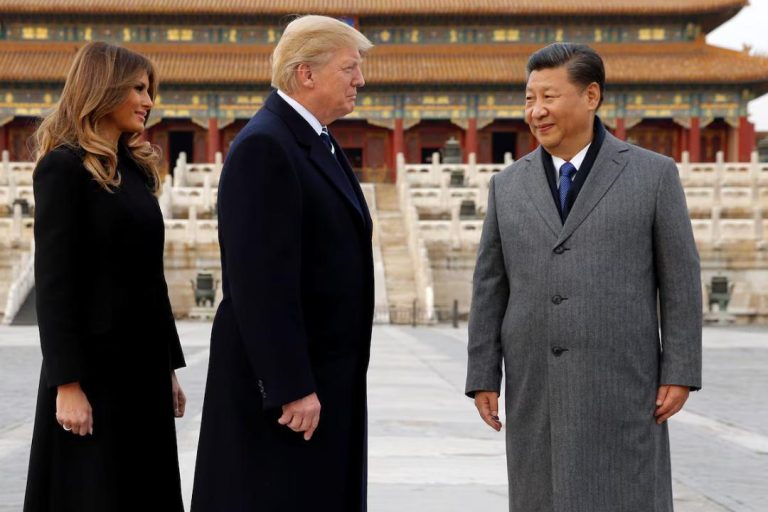
Indian National Jailed for 4 Years in Sri Lanka for Match-Fixing
Cricket, one of the world’s most popular sports, has long been plagued by the scourge of match-fixing. The practice of manipulating game outcomes for personal gain has led to numerous scandals and controversies over the years, tarnishing the sport’s reputation. In a recent development, an Indian national has been sentenced to four years in prison for match-fixing in Sri Lanka’s 2024 Legends League T20 tournament.
According to reports, Yogi Patel, the accused Indian national, was found guilty of proposing to fix matches in the tournament. He was fined a staggering SLR 85 million (approximately USD 450,000) for his role in the scandal. Additionally, Patel was ordered to pay SLR 2 million (approximately USD 10,500) to Upul Tharanga, the chairman of Sri Lanka selectors, for defamation.
The incident came to light when Tharanga accused Patel of making a proposal to fix matches in a social media post. The post sparked a heated debate, and an investigation was launched by Sri Lankan authorities. Patel was arrested and charged with match-fixing, and a trial was conducted in a Sri Lankan court.
The conviction and sentencing of Yogi Patel serve as a stark reminder of the serious consequences of match-fixing. The practice is not only illegal but also undermines the integrity of the game, damaging the trust and credibility of fans and players alike.
Match-fixing is a complex issue that has been present in various forms of cricket, from international matches to domestic leagues. It often involves corrupt individuals who seek to influence game outcomes for financial gain or other personal benefits. These individuals may use a variety of tactics, including bribery, intimidation, or manipulation, to achieve their goals.
The consequences of match-fixing can be severe, not only for the individuals involved but also for the sport as a whole. When matches are fixed, it undermines the authenticity of the game, leading to a loss of trust and credibility among fans and players. It can also damage the reputation of teams, players, and leagues, leading to a decline in attendance, viewership, and sponsorship.
The Sri Lankan cricket authorities have been proactive in tackling match-fixing, and this recent conviction is a testament to their efforts. The country has implemented various measures to prevent match-fixing, including the establishment of a National Anti-Corruption Hotline and the introduction of strict anti-corruption laws.
The Indian cricket board, too, has taken steps to address match-fixing. In 2015, it set up an Anti-Corruption Unit, which has been responsible for investigating and preventing corrupt activities in Indian cricket. The board has also implemented various measures to educate players and officials about the dangers of match-fixing and the importance of maintaining the integrity of the game.
Despite these efforts, match-fixing remains a significant challenge for cricket authorities around the world. It requires a sustained and coordinated effort to combat this complex issue, involving not only law enforcement agencies but also players, teams, and leagues.
The conviction of Yogi Patel serves as a wake-up call for cricket enthusiasts and authorities alike. It highlights the need for continued vigilance and cooperation to prevent match-fixing and maintain the integrity of the game. Cricket is a sport that requires skill, dedication, and fair play, and it is essential that we work together to ensure that it remains a game of honor and integrity.
Source:






